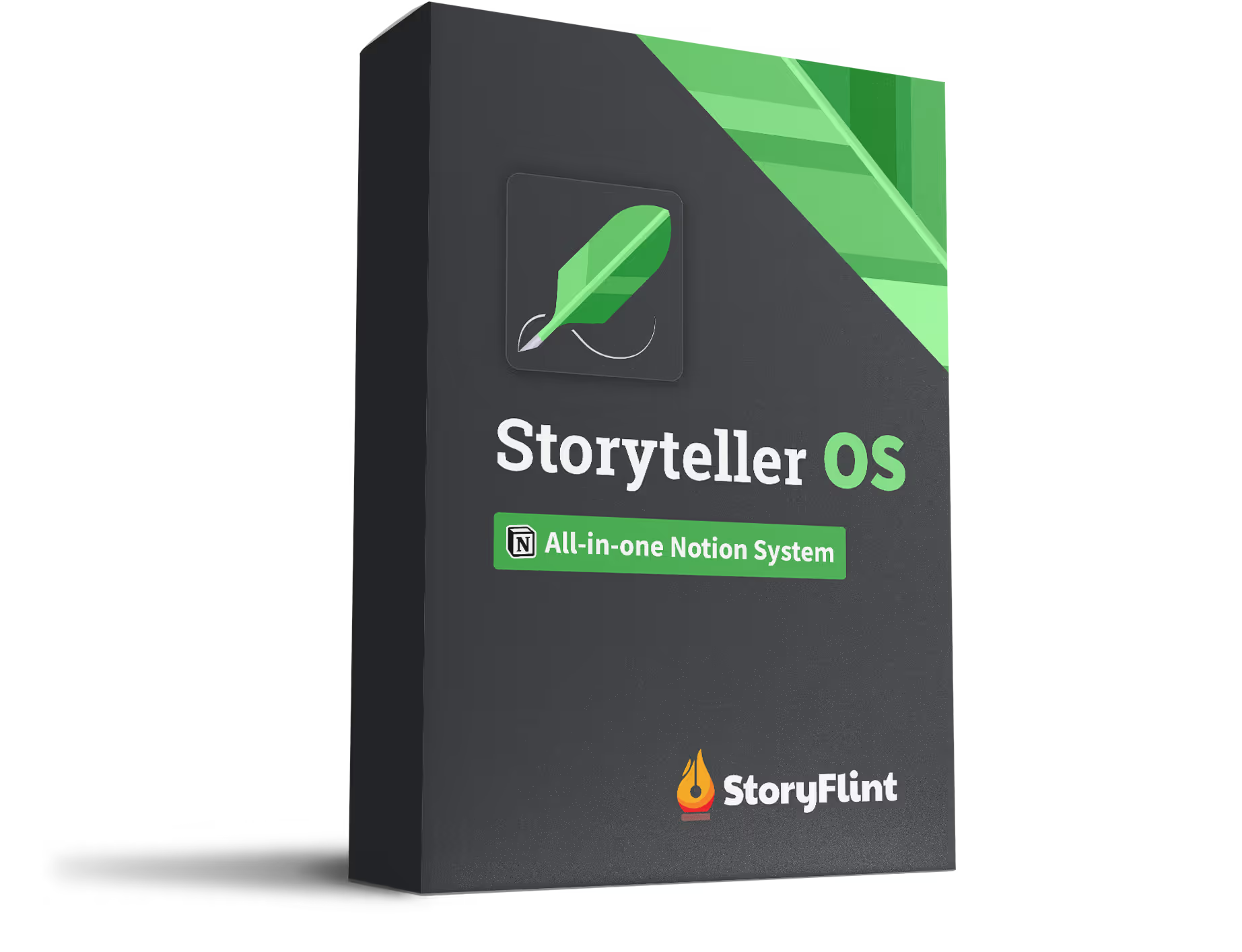Your story doesn’t start on page one. It starts when everything changes.
That change? It’s called the inciting incident, and if you skip it (or mess it up) your audience will feel it. Like trying to build a rollercoaster that never drops. I’ve studied story structures across screenplays, novels, and even the occasional LEGO movie, and this is the one moment that lights the fuse.
Let’s break it down and make yours hit harder than a caffeine crash at 2pm.
What Is an Inciting Incident?
The Moment That Wakes Up Your Story
The inciting incident is the narrative spark that forces your protagonist out of their ordinary world. It’s the plot twist that says, “Hey buddy, your quiet life is over.”
Think of it as the engine ignition in a road trip. Everything before it? Packing bags. Everything after? Movement.
Three Core Ingredients
- It disrupts the protagonist’s status quo (willingly or not)
- It introduces the central conflict or problem
- It gives the protagonist something to want or avoid
"For those protagonists we tend to admire the most, the Inciting Incident comes as an attack on their self-worth."
– Robert McKee
Types of Inciting Incidents
Causal, Coincidental, or Mysteriously Weird
- Causal – A decision creates a problem. (Example: In The Hunger Games, Katniss chooses to volunteer in place of her sister, thrusting herself into a deadly competition that drives the entire plot.)
- Coincidental – The universe drops a story in their lap. (Example: Lucy finds Narnia in The Lion, the Witch, and the Wardrobe.)
- Ambiguous – We’re not sure if it’s fate or choice. (Example: The Sixth Sense. Did Malcolm choose his ghostly path? Eh. We don’t know yet.)
Genre-Specific Flavors
- Mystery: The body drops. Boom. That’s the story.
- Romance: They meet. Sparks fly... or don’t. Either way, that’s the match-strike.
- Adventure: A map. A monster. A mentor. Something drags them out the door.
[.ai-prompt]Use this AI prompt to help you out:
"Give me 3 unique inciting incidents for a [genre] story where the protagonist is [type of person], and the central theme is [insert theme]."[.ai-prompt]

The Purpose of an Inciting Incident
It’s not just a cool moment. It has a job:
- Launch the dramatic question: What’s the protagonist trying to fix or win?
- Set up the stakes: What happens if they fail?
- Trigger momentum: The clock’s ticking now.
Example: In The Hangover, the guys wake up to a trashed suite and a missing groom. Now the question is clear: Can they find Doug before the wedding?

Rules for Writing a Great Inciting Incident
Timing Is Everything
Put it early—before your audience starts asking why they should care. Somewhere in the first 10–15% of your story is usually the sweet spot.
Example: In True Grit, Mattie’s quest begins almost immediately after her father’s murder.
Make It Irreversible
After it happens, your protagonist can’t just go back to brunch. It should feel like a one-way door.
Example: Frodo learns the truth about the ring. He can’t un-know that. And he sure can’t un-bring it to Mount Doom.
Align It With Desire or Challenge It
Either give your protagonist what they secretly want… or rip it away in dramatic fashion.
Matt Bird's The Secrets of Story pointed this out in Jaws: Chief Brody didn’t get disrupted—he got a shot to prove himself. The shark was his big chance.
[.ai-prompt]Use this AI prompt to help you out:
"My protagonist wants [insert desire]. What are three possible inciting incidents that either fulfill or threaten that desire in surprising ways?"[.ai-prompt]

Famous Examples and Why They Work
Star Wars: A New Hope
Luke finds a mysterious hologram message hidden in R2-D2 and learns of a rebellion, a captured princess, and a long-lost cause. It’s not just a fun space thing—this moment puts Luke on a collision course with the galaxy’s biggest problems. Suddenly, chores on the moisture farm don’t matter anymore. He has something bigger to fight for.
The Hangover
Three guys wake up in a trashed Vegas suite with a tiger in the bathroom, a baby in the closet, and one major problem: the groom is missing. Their night is a blank, and they have a wedding deadline. This isn’t a minor inconvenience, it’s a full-blown disaster mystery wrapped in a time bomb.
Jaws
A woman is attacked while swimming, and suddenly Chief Brody is dealing with more than just beach permits. The town wants to keep the beaches open. Brody wants to keep people alive. He wasn’t looking for a fight, but the attack gives him the moral leverage, and obligation, to push back against complacency and fear.
Harry Potter and the Sorcerer’s Stone
Harry’s been living in a cupboard, told he’s worthless, and now owls are breaking down the door to hand-deliver a truth bomb: he’s a wizard. This moment doesn’t just introduce magic—it rewrites his whole sense of identity. The invitation to Hogwarts is a one-way ticket out of misery and into destiny.
Ratatouille
Remy is no ordinary rat: he dreams of cooking. When he sees a famous chef on TV, it clicks. Food isn’t just survival—it’s art. That spark sends him chasing opportunity, leading him into a human kitchen where he does the unthinkable. The show ignites the belief that he belongs somewhere far beyond the trash pile.
Final Thoughts: Start With the Spark
The inciting incident is more than just a thing that happens. It’s the thing that makes everything else happen.
If you're struggling with your story's momentum, start here. Build the one moment that makes the rest inevitable.
Want help mapping it out? The Storyteller OS gives you a full story-building workspace.
Need help identifying your character’s desires? Check out our Ultimate Character Builder to get crystal clear on what they want before everything goes sideways.




